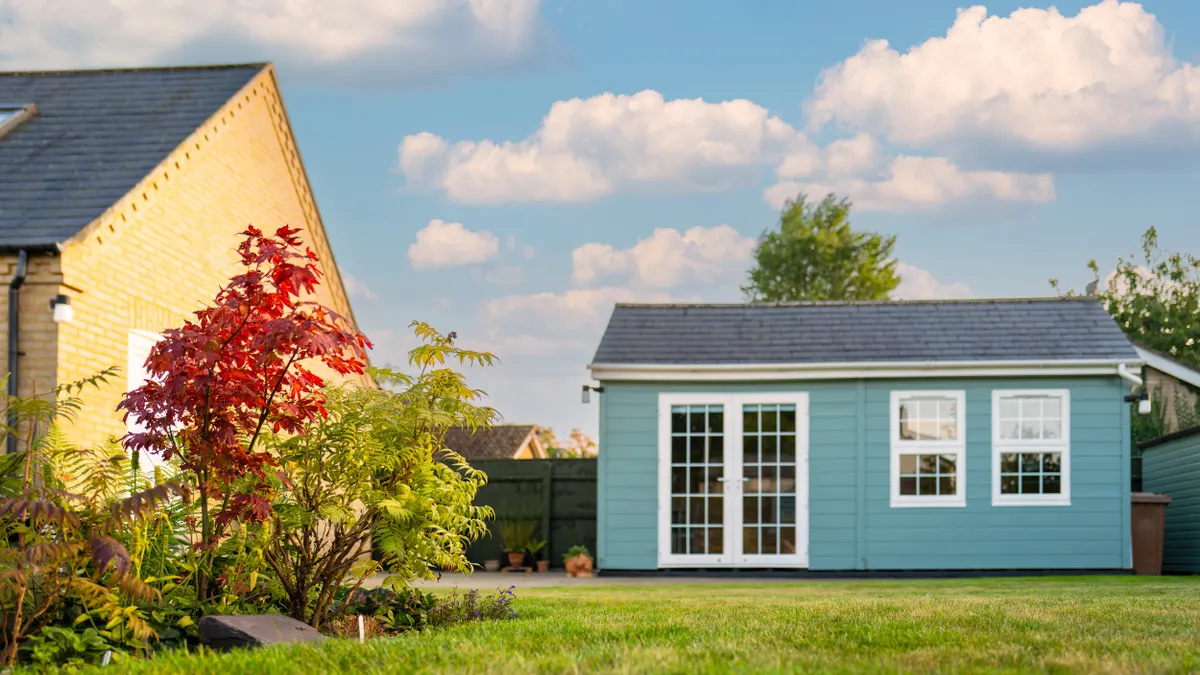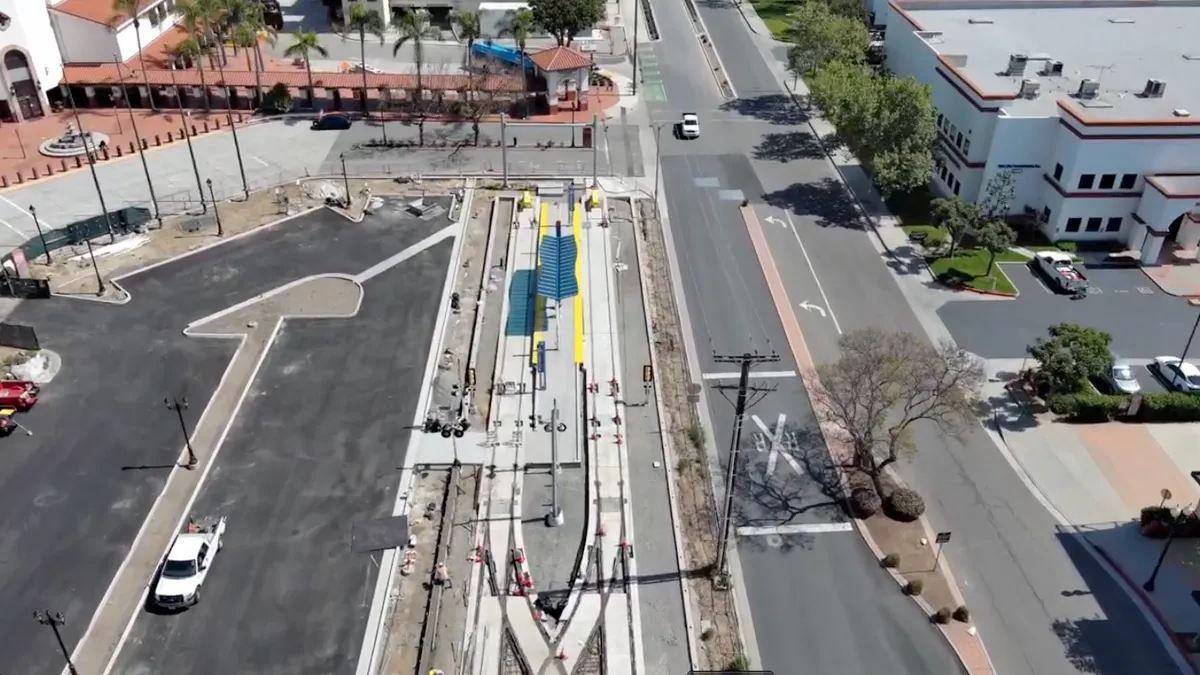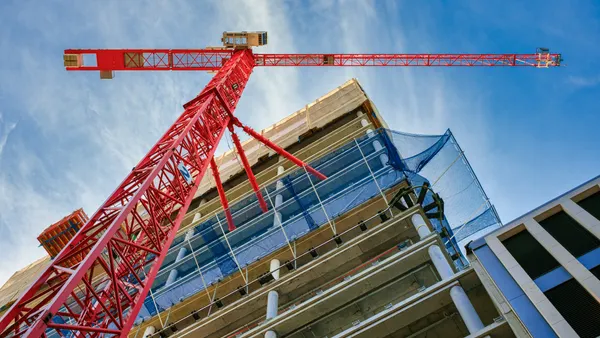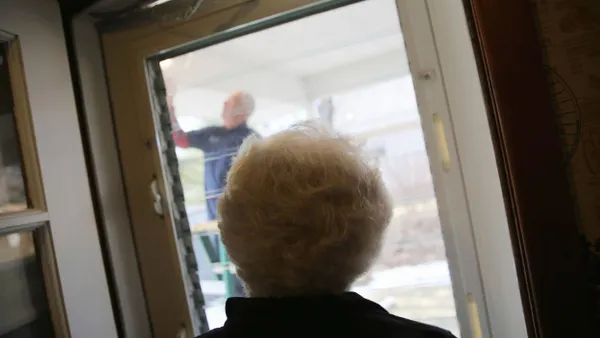Dive Brief:
- Massachusetts received 844 applications to build accessory dwelling units in the first half of 2025 and approved 550 of them, Gov. Maura Healey announced last week. The applications came from homeowners in 170 communities statewide, Healey said.
- ADUs, which must be under 900 square feet, were approved for by-right construction on single-family properties statewide under the Affordable Homes Act, which went into effect in February. The law excludes Boston, which has its own ADU ordinance. Healey said she sees the units as a way to drive down housing costs.
- “ADUs can help seniors afford to stay in the communities they love, give families a chance to earn some extra income or provide an individual with disabilities more independence,” Healey said in a statement. “It’s great that hundreds of people across Massachusetts are taking advantage of this effective way to build more reasonably-priced homes — which will benefit us all."
Dive Insight:
ADUs are small, independent living spaces situated on the same lot as a single-family home. They go by many names across the U.S.: granny flats, in-law apartments, cottage houses, tiny houses and more. Many states are embracing them as one solution to a mounting housing crisis.
"The goal of the Affordable Homes Act was to give renters and homeowners greater choice over where they live and to lower their costs,” Ed Augustus, secretary of Executive Office of Housing and Livable Communities in Massachusetts, stated in the announcement last week. “Streamlining the process for building an ADU will continue to prove essential in solving our housing crisis.”
Healey’s administration said the state needs to build 222,000 housing units in the next decade to meet demand and lower housing costs.
The Affordable Homes Act is an effort to simplify the permitting process for ADUs, allowing them to be built by-right, meaning they no longer require special approval or authorization in areas zoned for single-family housing provided they meet state requirements. The EOHLC estimates the legislation paves the way for construction of as many as 10,000 ADUs in the state over the next five years.













